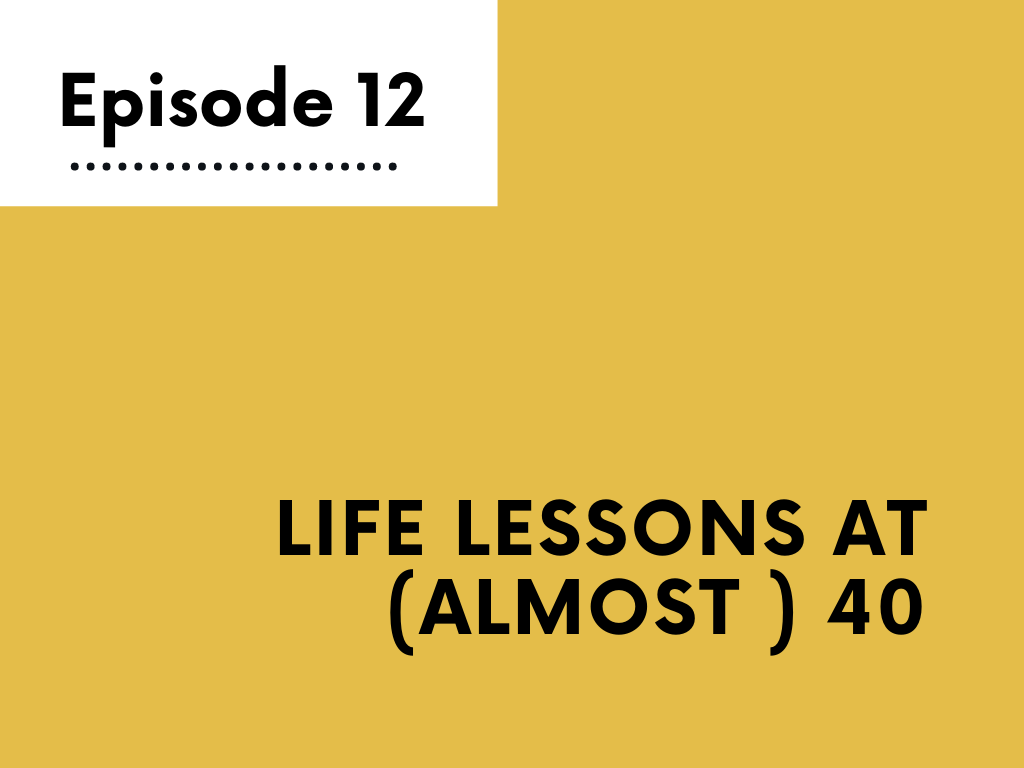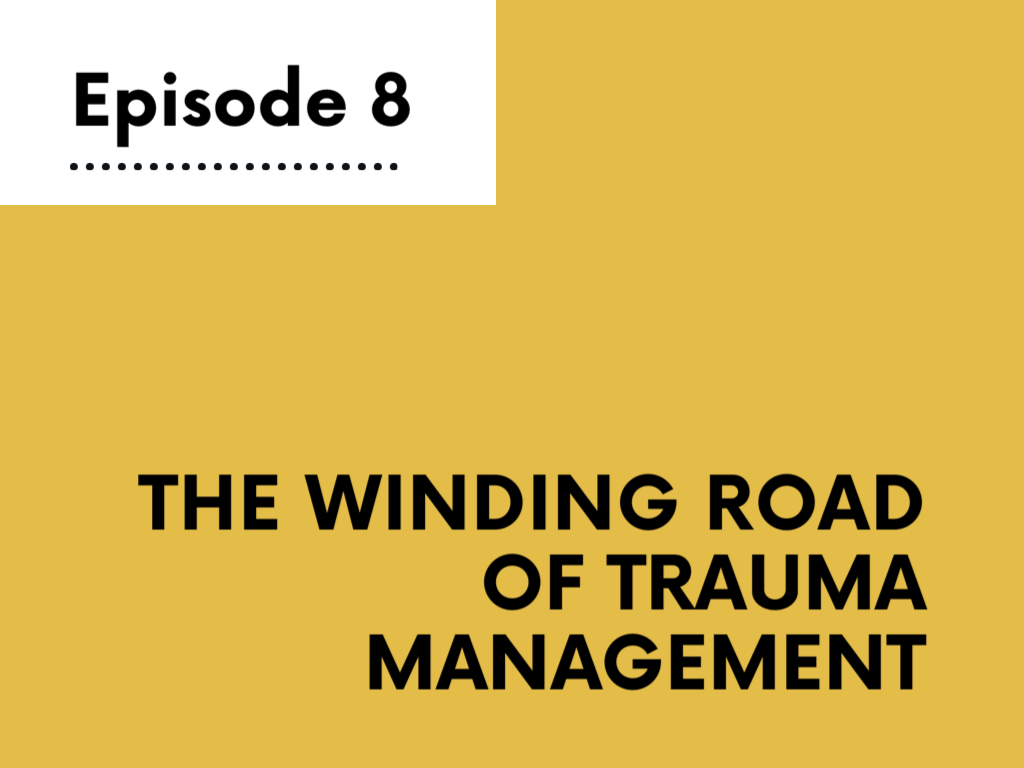CEO Lives Her Life with Intention After Near Death
As the saying goes, it's not what happens to you, but how you handle what happens to you that truly matters. And life has surely happened to Amy Downs, president/CEO of the $256 million Oklahoma City-based Allegiance Credit Union. While interviewing her, I felt as though I was catching up with an old friend. Her disarming disposition and charming southern accent would never allude to the tragedy she's endured and the obstacles she's overcome.
Perhaps successfully rebounding from a near-death experience gives one perspective and a quiet confidence – when you know you’ve come close to death and survived, life's small annoyances become just that – small. However, Downs certainly earned that perspective.
Downs’ unexpected path to the credit union industry began after she flunked out of college. The only thing certain in her life at that time was her need for a job. She applied for a position as a drive-thru teller at the $84 million Wesla Federal Credit Union in Shreveport, La., and got the job. For Downs, the position was simply a means to an end – she could work daytime hours and she liked the schedule, but the job felt like a consolation prize for flunking out of school.
After applying for multiple positions and promotions within the credit union, she finally got a new position as a Visa credit card clerk. The new position proved to be a turning point in Downs’ life. Her boss believed in her and gave her increasing responsibility.
“When I look back I realize she was my first mentor. She just basically took me under her wing and taught me so much, and that was a turning point for me. Up until that point … it was a job. Yes, I had gotten to love the idea of a credit union and what it was about, but it was never my choice,” Downs recalled.
But Downs’ boss believed in her capabilities even when Downs didn't believe in herself. She pushed her to be more and think of herself as more. After six months of training, she allowed Downs to approve Visa credit cards. Her boss even went to bat for her and got her a raise.
“It was like someone had faith in me … she used to say, ‘Anything you do, do it with excellence,’ and she was that way too. So I started modeling that same thing. If I wanted to do something, I did it right,” she emphasized.
In October 1988, Downs joined Federal Employees Credit Union, which was later renamed Allegiance Credit Union.
It was at Allegiance that her life would forever change. Downs was working in the Alfred P. Murrah Federal Building, where the credit union was located, when the Oklahoma City bombing happened, burying Downs alive. For six and a half hours, fully conscious, Downs waited to be rescued. When her rescuers finally came, they were forced to leave with Downs still trapped in the rubble, fearing another bomb was about to go off.
“For me it truly was, ‘This is it.’ I was alone and getting ready to die. In those moments, in that time period, I thought about my life and I just thought about how I hadn't lived it on purpose. I hadn't done anything. I realized money and things, all the stuff you think is important in your 20s, isn't really important. It's your family, it's your friends, faith … all this kind of stuff hit me right in the face about what's important,” she recalled.
She said feelings of regret overwhelmed her. “You don't want to find yourself in that situation again with an enormous amount of regret, and that's what I had at that moment,” Downs said.
After another 45 minutes, the rescuers finally returned. An emergency physician was on standby with them discussing the possibility of needing to amputate Downs’ legs. “Every 20 minutes, they would stop and talk about amputating my legs. I would ask every once in a while, ‘You guys are going to be able to get me out, right?’ The lead fireman would say, ‘Amy, we’re doing our best.’”
The unsettling response did nothing to ease her nerves. But finally, they pulled her out and with all her limbs intact.
After the bombing, Downs kept going back to the moment when she was rescued and repeatedly told herself she would never live her life the same way. She wanted to live a life of intention and purpose.
She went back to work and Lynette Leonard, the president/CEO at the time, became Downs’ second mentor.
“She's the one who started telling me she was seeing potential and by then, she had put me in a vice president role. She said, ‘You know, I can see you being vice president one day, but you’re going to need a degree.’ There was a spark in that … so I ended up going to get my degree,” she said.
Downs went back to school and got her bachelor's degree in organizational leadership and soon after got her MBA.
She also became extremely involved in physical fitness and lost 200 pounds. In November she completed an Iron Man triathlon. “It's definitely empowered me. I’m not a victim, I’m a survivor. Not only am I survivor, I’m a freaking Iron Man survivor,” Downs said.
She added, “Because of what I went through and the women who were killed, it's not just a job, it's not just a credit union – it's personal.”
Downs said she can now confidently say she chooses to be in a credit union. “This is what I want to do in my life,” she said. In October 2017, Downs succeeded the now retired President/CEO Lynette Leonard, who had led the credit union since 1997.
Now, Downs constantly looks for opportunities to help others as she thinks of all the people who poured kindness into her life.
A version of this article originally appeared in the Credit Union Times.






























